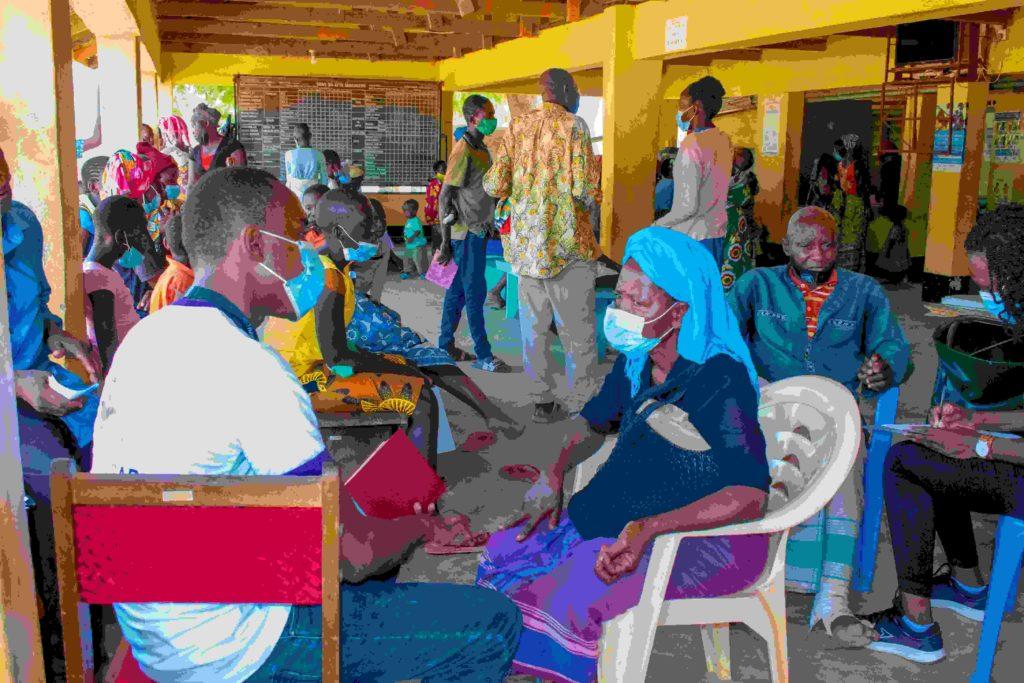
Mental health is increasingly gaining attention in the global health spaces, although there is clearly still (way) more effort needed to combat it. Each year a celebration of World Mental Health day is organized to raise awareness around this important issue. The World Health Organization defines mental health as state of wellbeing that enables people to cope with the stress(es) of life, realize their abilities, learn well and work well and contribute to their community. Mental health conditions manifest themselves as mental disorders, psychosocial disabilities and other mental states associated with impaired functioning and significant distress. The most common mental health disorders are depression and anxiety. In 2020, during the first year of the COVID 19 pandemic, the world recorded a remarkable increase of 26% and 28% in people living with anxiety and depression, respectively. Global mental health statistics show that 1 in 4 people who seek health care suffer from a mental condition.
In Kenya, mental health routinely gets little attention, but mental health challenges – already quite substantial in ordinary times – further increased during the pandemic (like in many parts of the world). WHO recommends the integration of mental health into primary health care to improve access and equity, especially in low- and middle-income countries. With mental health literacy relatively limited among health workers in Kenya, however, often only critical conditions may be detected and attended to, and many cases may go unnoticed. The good news, however, is that a mental health task force was formed in 2020 to implement the Universal health Coverage (UHC) commitments in ensuring access to mental health services with reduced financial burden. Stigma, discrimination, and violation of human rights however still hinder access to services. Many people shy away from seeking mental health services for fear of being labelled as mentally ill, a tag that remains as a yoke to the service seeker.
As things stand currently in my country, this is not a condition that is diagnosed early, or better still, whereby the average patient would be able to identify and quickly admit that he/she is ‘not ok’ or getting depressed. A common phrase used is “I think I have been stressed recently or I have been thinking too much” – and are considered as normal. The shortage of psychiatrists (estimated at 100 in the whole country) also adds to poor diagnosis of mental health. On the other hand, mental health illness prevention is hampered by a lack of recognition of psychologists in the health system structure (and their number in the country is thus unavailable). Like many other lower- and middle-income countries, depression in Kenya is compounded by poverty, unemployment, and high economic burden. The stressors of life are continuously increasing, all while the societal pressure remains considerable -the expectation for every individual is to perform optimally and if possible, even ‘make it in life’. How many times do we ask ourselves (and each other) about mental health, though?
Treating the condition is good, but it would be great if more focus would go towards prevention. As the saying goes, prevention is better than cure. In the wake of a myriad of stressors and shocks added to the already high burden of Kenyan citizens, there is a need to check in on citizens. Perhaps a shift towards sensitizing the population on self-care, moving towards wellness and mindfulness should be considered. Together with tackling the root causes of all these ‘stressors’ and ‘shocks’ obviously. But that’s easier said than done…